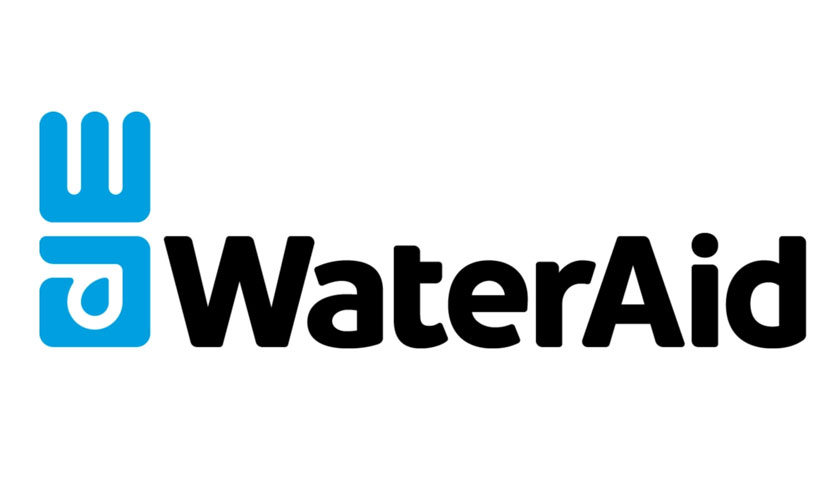WaterAid has announced the launch of a one-year program to advocate and inform policy change for improved access to clean water, sanitation and hygiene services (WASH) in healthcare facilities in Africa through a grant from the Conrad N. Hilton Foundation.
The $1.49 million grant focuses on Ethiopia, Ghana and Uganda and addresses challenges preventing frontline healthcare workers, patients and surrounding communities from accessing clean water, handwashing facilities and decent toilets that lead to unsafe working conditions, increased disease spread and greater health risk for mothers and newborns. The result will be strengthened healthcare systems and accelerated, reliable access to safer water that is affordable, inclusive and sustainable.
Key activities include:
- Building evidence of the links between clean water, sanitation and hygiene and their impact on healthcare facilities that will inform policy decisions at the local, regional and national levels.
- Mobilizing and building the capacity of civil society champions to advocate for clean water, sanitation and hygiene access, including women’s right groups, healthcare coalitions and non-governmental organizations (NGOs), and local community leaders.
- Training and supporting local health officials and government leaders to collect and monitor data, budget, and develop and implement sustainable water, sanitation and hygiene plans.
- Engaging with US and global policymakers, donors and healthcare stakeholders to build awareness and support for sustainable clean water, sanitation and hygiene access.
“We know that maintaining access to clean water in healthcare facilities requires an individualized approach, and that advocacy work connecting community input with decision makers at every level is essential,” said Peter Laugharn, president and CEO of the Conrad N. Hilton Foundation. “This program is an important step forward for our impactful safe water work in Ethiopia, Ghana, and Uganda, creating solutions that will sustain quality services for one million people in low-income households, health facilities, and schools in sub-Saharan Africa by 2025.”
Healthcare facilities in many African countries still suffer from a lack of clean water, sanitation and hygiene, endangering patients and frontline workers as well as the overall health and well-being of their local communities. In Ethiopia, only 34% of healthcare facilities have a clean water source on-site, and only 61% have adequate sanitation facilities. And in Uganda, 15% of patients develop one or more infections during their hospital stays due to inadequate clean water and hygiene conditions.
Since 2019, the response to COVID-19 and preparation for the next global pandemic has elevated the importance of clean water in healthcare facilities worldwide, but it has not translated into the financial and political will needed to realize national and local change.
“The most sustainable way to provide clean water, sanitation and hygiene to essential healthcare workers and the communities they serve is to engage directly with policy makers at all levels of government,” said Kelly Parsons, CEO of WaterAid America. “We’re looking forward to continuing our relationship with the Hilton Foundation, uniting decision makers from the US and Africa and solving the water crisis together.”
This grant builds on the success and lessons-learned from previous multi-year partnerships between WaterAid and the Hilton Foundation, including delivering clean water, sanitation and hygiene to healthcare facilities in Mali that improve quality of care for mothers and newborns. It is a foundational project delivering on the long-term vision of WaterAid’s work by linking the experience of frontline healthcare workers, WaterAid’s technical expertise, and the leadership of local, regional and national officials and organizations.
